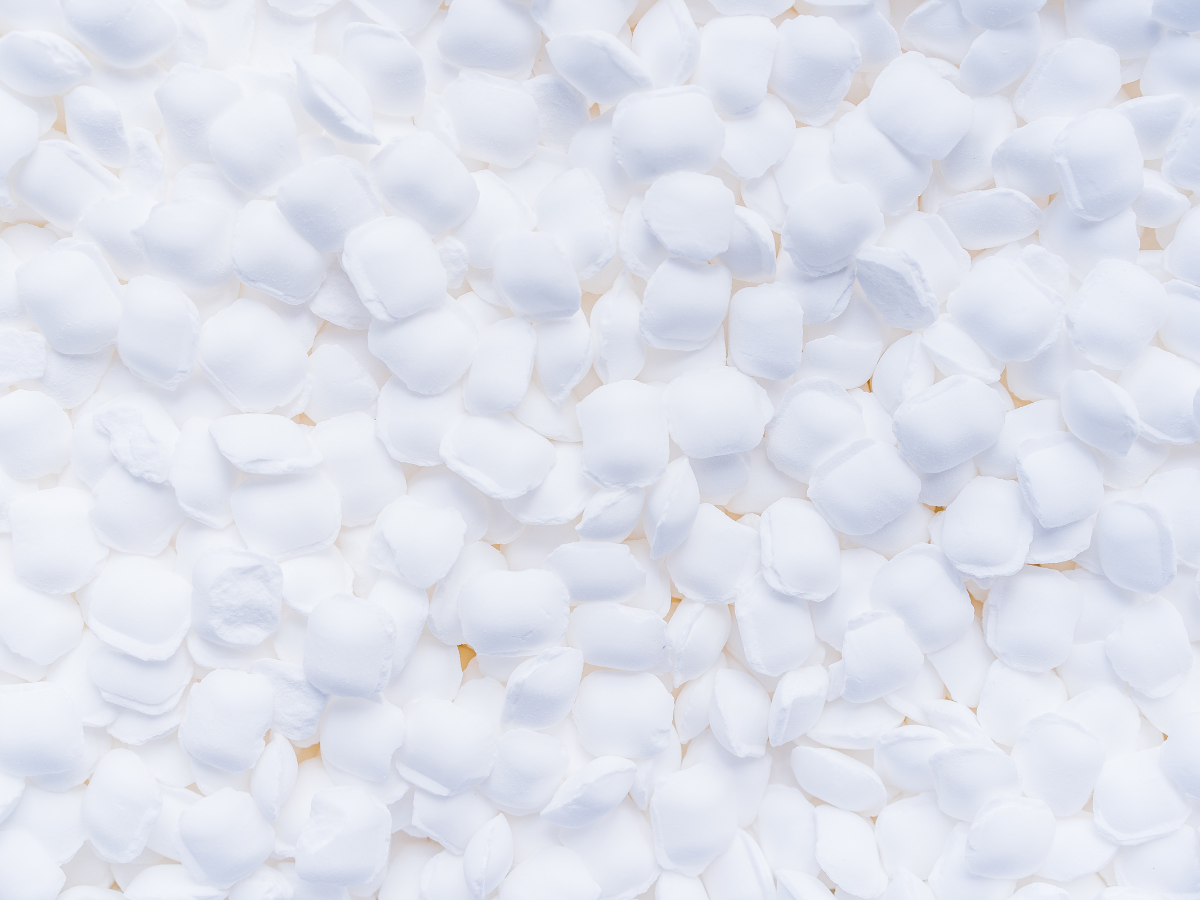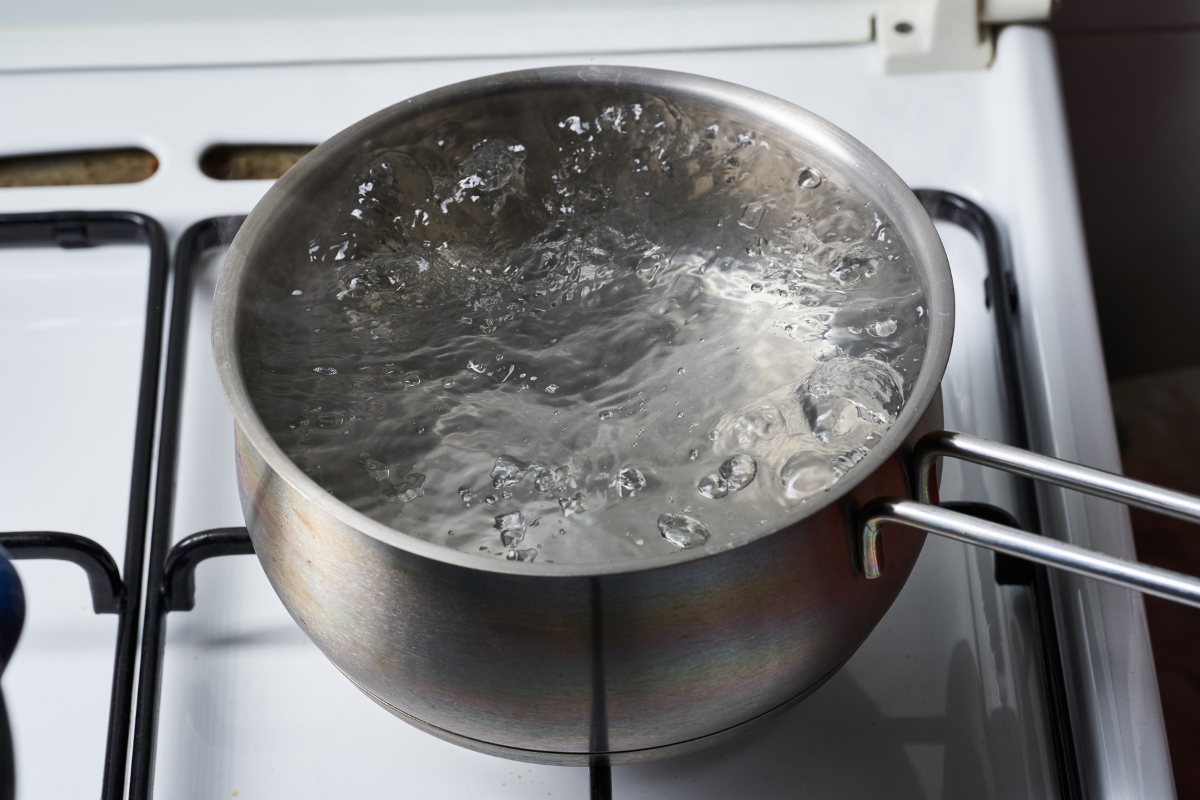Why Does My Stomach Hurt After Drinking Water?
Getting a stomach ache after you drink water is not only annoying, it is concerning. Adequate hydration is an essential part of overall health, after all. You should not have to worry about enduring discomfort every time you reach for a glass. It is important to discern the reason or reasons why your stomach hurts after drinking water. We’ll discuss some of the most likely culprits in this article and offer a few easy solutions.
Top Reasons Your Stomach Hurts After Drinking Water
Your Water Is Too Cold
While ice-cold water is refreshing, it can irritate your stomach. The lining of your stomach is home to many millions of nerve endings, which can be inflamed by water that is too cold. It is similar to when you wash your hands in too-warm water after prolonged exposure to low temperatures. A sudden and shocking change in temperature triggers a pain response in your nerves. In the case of your gut and ice water, this tends to manifest as uncomfortable cramping.
What’s more,
studies have shown that cold water slows down the emptying of the stomach. This means that water will sit in your stomach for longer, along with any food you have eaten. Delayed stomach emptying can cause an array of symptoms, including gas, bloating, and nausea.
If your stomach hurts after you drink water, consider trying it at room temperature or only slightly cold.
You Are Drinking Too Much or Too Fast
It’s a hot day or you’ve just completed a grueling workout. The first thing on your mind is that you want to drink a gallon of water. But no matter how thirsty you are, it is important to drink only a reasonable amount. Your stomach can only hold so much water. Any more than it can naturally fit, and it will stretch to accommodate the excess. This can lead to painful bloating and fullness, sometimes to the point of regurgitation.
Drinking the right amount of water too fast can also cause issues. The faster you drink, the more air you swallow at the same time. Excessive air in the stomach can lead to bloating and tenderness.
You’re Drinking On An Empty Stomach
Drinking water on an empty stomach causes the stomach to expand as if you were ingesting food. This means your stomach begins to produce more acid in preparation to break down that food. Excess stomach acid with no job to do can lead to severe heartburn or worsen GERD that is already present.
The same is true of lying down too quickly after drinking water. This causes the stomach acid to move into the esophagus, which can also triggers heartburn or worsen GERD.
Additives In Your Water Are Hurting Your Stomach
Many of us like to infuse our water with fresh fruit, like lemons, limes, or even berries. But these additives (especially the citrus) have a relatively high acid content. Ideally, water should be at a neutral pH. Adding too much fruit can tip that in the acidic direction, causing bloating, acid reflux, and nausea.
If your stomach hurts after you drink water that has been flavored with citrus, you might want to try skipping it or adding less.
Your Water Is Contaminated
If your stomach hurts every time you drink water at home, you might want to have it tested for contaminants. While rare, municipal drinking water can become contaminated with microorganisms known to cause gastrointestinal symptoms. The most common are E. coli, cryptosporidium, Giardia, and Salmonella.
In addition, non-living contaminants can also cause stomach upset. For example, nitrates in water can cause nausea and cramping, and prolonged exposure has been linked to colorectal cancer.
Finally, high levels of chlorine in treated water can also lead to stomach upset. Not only is chlorine itself an irritant, its antimicrobial properties extend to the good bacteria in your gut. This can lead to an imbalance that allows bad bacteria, like E. coli, to flourish.
How to Remove Water Contaminants
There are two filters you will want to consider if you suspect your home’s water supply is contaminated. The first is UV filtration. This system utilizes a light bulb that produces electromagnetic radiation at a wavelength that deactivates nearly all microorganisms. This, effectively, prevents them from reproducing and causing any harm when ingested.
The second filter you will need is a
Reverse Osmosis system. This type of filter uses the same method our own cells use to transport materials across the cell wall, but reversed. A membrane filters out any contaminants, allowing only pure water to pass through. RO filters can remove a wealth of potentially dangerous contaminants, including the ones that cause stomach pain.
Your Water Is Too Hard
Another reason why your stomach hurts after drinking water is that it is too hard. Hard water contains minerals like calcium and magnesium. Although we do require these elements for overall health, too much can lead to stomach upset. Magnesium, in particular, can cause the body to release more water into the colon, resulting in cramping, diarrhea, and, ironically, dehydration.
How To Treat Hard Water
The only way to effectively remove hard minerals from your water is with a dedicated water softener. While a reverse osmosis system will remove them for a time, the membrane is not designed to handle large volumes of minerals for a prolonged period. This will cause it to tear and wear out prematurely.
Ideally, a
whole house water filtration system should include a UV filter, RO filter, and a water softener. This checks all your boxes for safe, pure water: no bacteria, no metals, nitrates, or other contaminants, and no hard minerals.
Whole-House Water Filtration in Colorado
Having the right size water softener, paired with the most efficient water filtration system, is the surest way to attaining clean, safe water for you and your family. In Colorado, the WaterPros is your source for the best water softeners and the latest in water filtration technology. We want as many people as possible to experience the benefits of clean water, so we are proud to offer our systems at an extremely competitive price. Contact us today to get your free quote.









